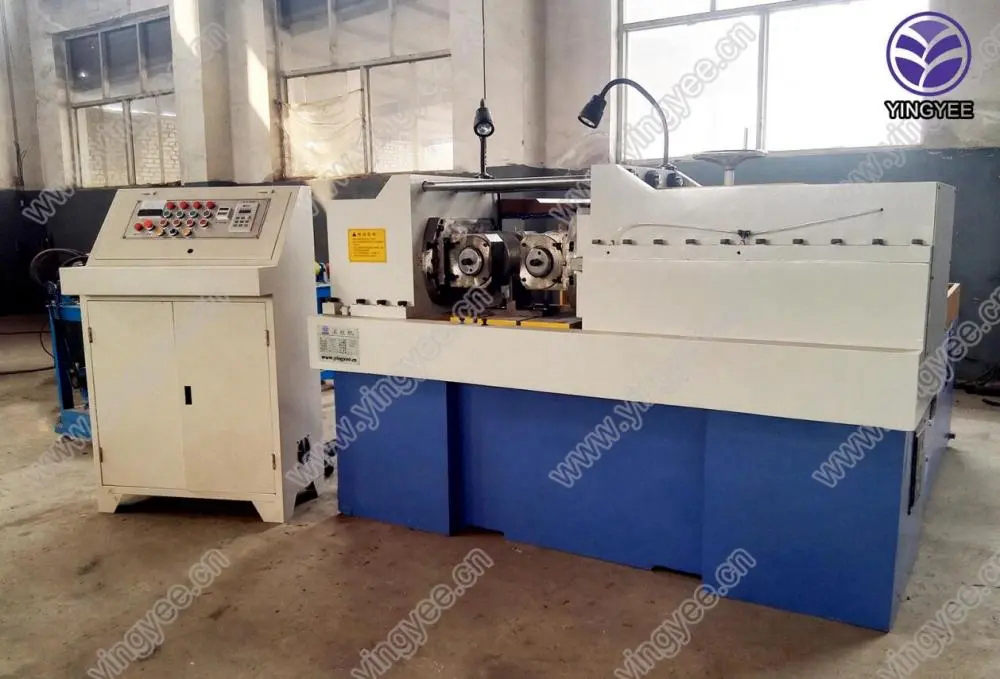
The Importance of Cable Tray Roll Formers in Modern Infrastructure
In today’s world, where the demand for efficient electrical systems is ever-increasing, the role of cable tray roll formers has become vital. These machines are designed to manufacture cable trays that support and organize electrical wiring in various infrastructures, including commercial buildings, factories, and data centers. Understanding how cable tray roll formers work, their benefits, and their applications can shed light on their importance in modern construction and electrical distribution systems.
What is a Cable Tray Roll Former?
A cable tray roll former is a specialized piece of machinery used to shape and form metal sheets into cable trays. The process involves feeding flat steel or aluminum sheets into the roll former, which consists of various rollers that progressively bend and shape the metal into the desired tray profile. The resulting trays are designed to hold electrical cables securely, preventing damage and facilitating easy access for maintenance and upgrades.
The Manufacturing Process
The manufacturing process begins with the selection of raw materials, typically cold-rolled steel or aluminum, due to their strength and resistance to corrosion. The metal sheets are first cut to the required length and then fed into the roll forming machine. As the sheets pass through a series of rollers, they are subjected to pressure and bending, transforming them into a wide variety of tray designs, including ladder trays, solid-bottom trays, and channel trays.
Once the trays are formed, they are often subjected to additional processes, such as welding, cutting, and finishing. Some roll formers are equipped with additional features such as punching stations for adding holes or slots, allowing for better cable management and ventilation. The end products are then quality-checked to ensure they meet industry standards before being packaged for distribution.
Benefits of Cable Tray Roll Formers
1. Efficiency and Speed One of the primary advantages of using cable tray roll formers is the speed at which trays can be produced. Automated processes significantly reduce manufacturing time compared to traditional methods, allowing companies to meet tight deadlines.

2. Customization Modern roll formers can be easily adjusted to create various tray sizes and shapes, catering to specific project requirements. This customizability ensures that contractors can obtain the exact trays needed for their wiring systems, further enhancing efficiency.
3. Cost-Effectiveness By automating the production process, businesses can minimize labor costs and reduce waste materials. Moreover, high-quality trays lead to lower maintenance costs in the long run, making cable tray roll formers a smart investment for electrical contractors.
4. Improved Quality Control Automated roll forming machines often come equipped with advanced technology that allows for real-time monitoring and adjustments. This capability helps in maintaining consistent quality across all produced trays, which is crucial in ensuring safety and performance in electrical systems.
Applications of Cable Trays
Cable trays are used in a wide range of applications, making them an essential component in many sectors. In commercial buildings, cable trays support electrical wiring for lighting systems, HVAC equipment, and data networks. In industrial settings, they are crucial for organizing power cables, control cables, and instrumentation wiring.
Data centers, which require meticulous organization of numerous cables to ensure efficient operation, heavily rely on cable trays. The structured support offered by trays not only minimizes the risk of damage to cables but also allows for cooling airflow, which is vital for preventing overheating of equipment.
Conclusion
In conclusion, cable tray roll formers are an indispensable part of modern construction and electrical infrastructure. They enable the efficient production of cable trays that are vital for organizing and protecting electrical wiring across various sectors. With their ability to customize and speed up production, cable tray roll formers contribute to both the efficiency and safety of electrical installations. As technology evolves, the capabilities and applications of cable tray roll formers are likely to expand further, solidifying their role in supporting our increasingly complex electrical systems.